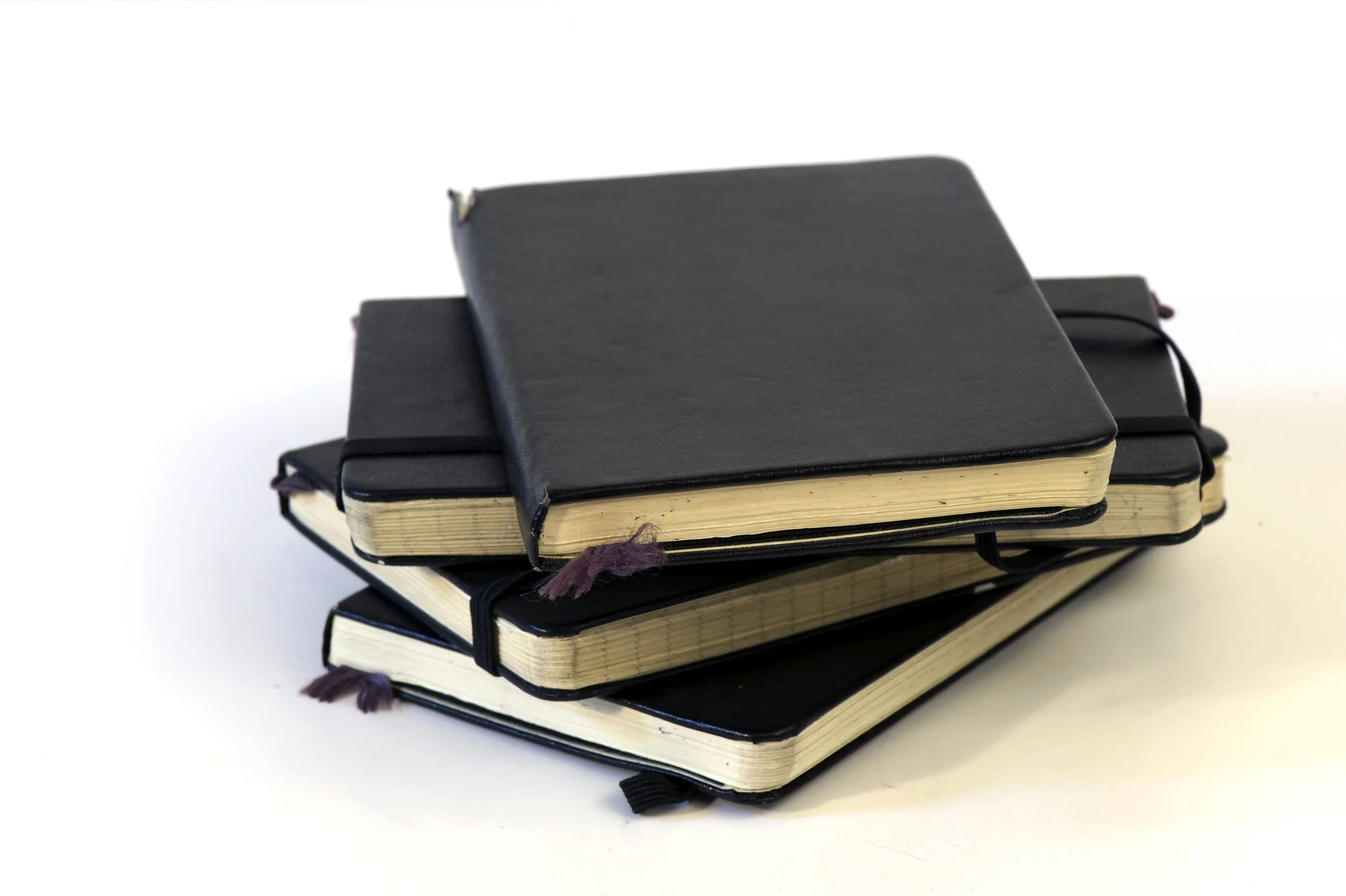The government has enacted temporary legislation which addresses how wills may be executed during the lockdown. Broadly, this legislation is intended to make possible the use of audio-visual links. The legislation will be rescinded when the pandemic notice is lifted.
Shareholder disputes
Covid-19: contract frustration
Here's a discussion between fellow FortyEight Shortland barrister Rob Latton and myself about the doctrine of frustration of contracts in the context of C-19 in NZ.
Contract frustration is a common law concept. Where a contract becomes impossible to perform or performance of it becomes radically different to what was reasonably contemplated at inception, it may be regarded as frustrated and therefore at an end.
The specific consequences of frustration and the linked powers of the Court are dealt with in the Frustrated Contracts Act 1944, now enshrined in the Contract and Commercial Law Act 2017 from s. 60 onwards.
Common law tells us if the contract is frustrated, the legislation tells us what should happen as a result.
COVID-19: the administration of oaths
The New Zealand Law Society has obtained an opinion on the administration of oaths (for example, for affidavits) where there is no in-person contact, and the communication occurs remotely.
Here is a link to the opinion the NZLS website:
https://www.lawsociety.org.nz/practice-resources/the-business-of-law/legal-practice/opinion-administration-of-oaths-and-declarations-in-circumstances-of-mandatory-self-isolation
The author Paul Collins notes that the applicable rules of Court in New Zealand—the District Court Rules 2014 and the High Court Rules 2016—incorporate the requirements of the Oaths and Declarations Act 1957 which plainly does not contemplate nor permit any kind of “remote” attestation.
He notes that the Epidemic Preparedness (Covid-19) Notice 2020 (the Notice) permits judges to “ modify any rule of court to the extent necessary in the interests of justice.”
The author suggests a procedure to adopt which is intended to ensure the integrity of the system of formally proving documents, as far as it is possible to do so in the unprecedented circumstances of the pandemic. It is to be noted that this is a suggestion and not a prescription; there is no statutory prescription, the Notice is deliberately very broad.
The suggested procedure is that the lawyer consider whether a certificate signed by the lawyer is appropriate, to provide a measure of assurance to a judge or other body required to considered the attested document. This is the sample certificate attached to the advice, which is publicly available:
Download a sample certificate - to be adapted as required - based on the above comments.
The author states:
Before deciding whether to provide a certificate, any lawyer being asked to administer an oath or declaration remotely should also consider the following matters:
The lawyer will need to be satisfied about the quality of the remote conferencing facility (Skype, WebEx, Zoom, or similar, referred to here as “AVL”) and that it enables the lawyer to clearly observe the deponent and the document.
If the deponent is unknown to the lawyer (either as a client or personally) then the lawyer would be prudent to require the production of reliable photographic identification capable of being inspected by AVL.
The lawyer will have to be acquainted with the document being attested, to a greater extent than would be the case if the deponent was present with the lawyer. That is because it will be necessary to provide an accurate description of the document in the certificate, to ensure the certificate is linked with the document being offered by the deponent to the court or other authority.
Assuming the availability of a satisfactory AVL facility, the lawyer will need to see each of the pages being signed or initialled by the deponent, including the jurat page, as they are being signed or initialled, and any exhibits. The document should then be scanned and sent to the lawyer.
The lawyer must be satisfied, as far as possible, that the document received from the deponent is the same document the lawyer witnessed being signed by the deponent. If the lawyer is satisfied about that then the document should be attested and returned to the deponent with a completed certificate.
Steve Keall
27 March 2020
FortyEight Shortland Barristers
Covid-19: business interruption insurance
Here is a chat with fellow civil barrister Rob Latton about business interruption insurance in the context of the Covid-19 pandemic .
COVID-19: the impact on supply contracts and legal obligations
Where a contract is impossible to perform it is thought of as being “frustrated.” This situation may be dealt with under the doctrine of contract frustration. This doctrine provides that a party to a contract is released from his or her obligations in a situation where neither party is at fault and something has happened which makes performance either impossible or radically different to what the parties to the contract originally agreed.
Court costs calculator
Recently I have been involved in the development of a Court costs calculator for the High Court and District Court in New Zealand, for civil cases. It produces a free online report. You can pay to download that report. Less than the cost of a chocolate bar.
Check this out:
https://two-bees.legal
Two Bees—Court costs calculator for High Court costs and District Court costs; for civil proceedings.
High Court/ District Court costs calculator
Recently I have been involved with the development of a free online calculator for High Court and District Court costs. You can produce a free online report. There is a charge if you download it. Find it here: Two Bees.
Viagogo - stop or go?
Pick your battles
The Court of Appeal has made it clear that interlocutory decisions should be respected unless they are plainly wrong. In this decision of Houghton v Saunders [2019] NZCA 506, the Court of Appeal would not interfere with discovery and costs orders - i.e. trial management issues - made by the trial judge who was familiar with the proceedings.








